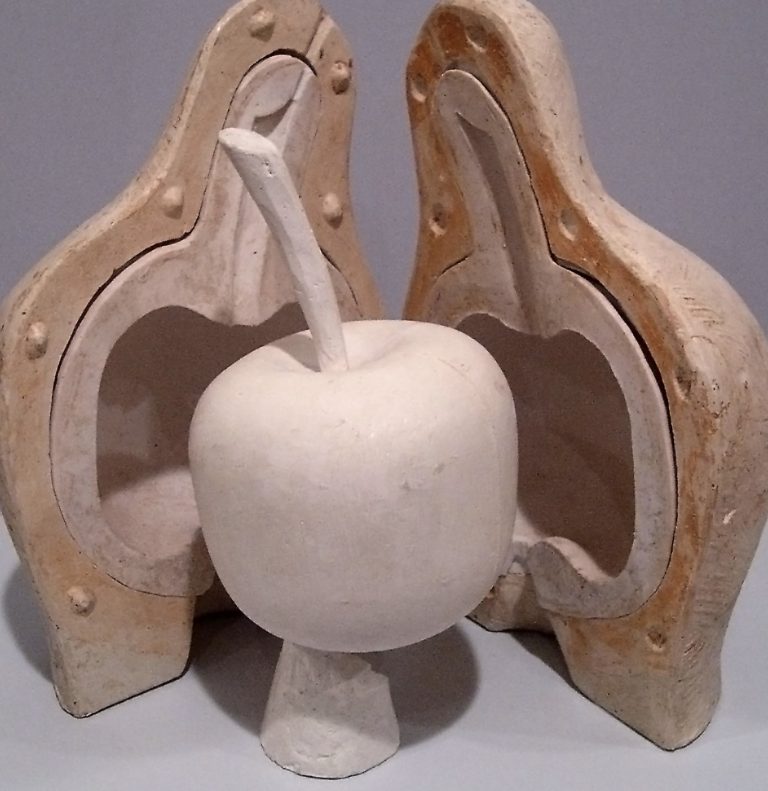When you use a metal component (such as a screw) in your DIY work, did you know that you are looking at the result of more than five thousand years of tradition? This craft originated in the ancient kingdom of Mesopotamia, then spread through Europe to the New World, with the first official foundry in the United States established in 1642. But why is it important to us today?
Story Stages
What is a foundry?
A foundry is essentially a workshop where metal is heated in a furnace and then poured into a mould. This process is known as casting, and the mould (made of sand, wood, or clay) is known as a cast. Throughout history, early man had learned to master and use different types of metals – indeed entire epochs were named after this process such as the Bronze Age and Iron Age. As humans developed so did our ability to shape metal, which we still do today with great precision.
What products are produced?
In the past foundries might have been used to create weapons such as cannon balls and axes, or heavy metal objects which needed to be precise such as church bells. Through the ages, technology has improved to the extent that production is safer, more precise, and more versatile than ever before. In modern times, foundries are still used to manufacture weapons, but we are more likely to see products such as car parts and kitchen utensils in our homes. If a metal object has a uniform shape and is produced en masse, chances are it comes from a foundry.
How do we use foundries today?
This ancient skill is as valuable to human civilisation today as it ever was. In addition to the manufacturing of products described above, foundries also play a role in new product development – creating prototypes of things which currently do not exist. Foundries are moving with the times too – looking at ways of becoming more energy efficient and reusing natural resources such as metals. Using robot technology means greater safety at work, while quality control may be performed using radiography or ultrasonic testing. It’s a far cry from our ancestors and their primitive tools.
What other services might foundries offer?
Foundries do not only offer casting services. There is a whole range of other complementary processes which are available. Machining involves using tools to cut, drill, form or grind a metal product to make it look perfect and function as it was designed to. Machining is not only for metal products, but can also be used for composites, wood, and plastic. Foundries also usually offer pattern making – where an “original” of the final product is created to be the template for all further copies. If you are looking to create a specific metal, wood or plastic product which currently does not exist, you could seek out a foundry to produce what you want to your exact specifications. Foundry work is based on an ancient skill but continues to evolve and stay relevant today.
